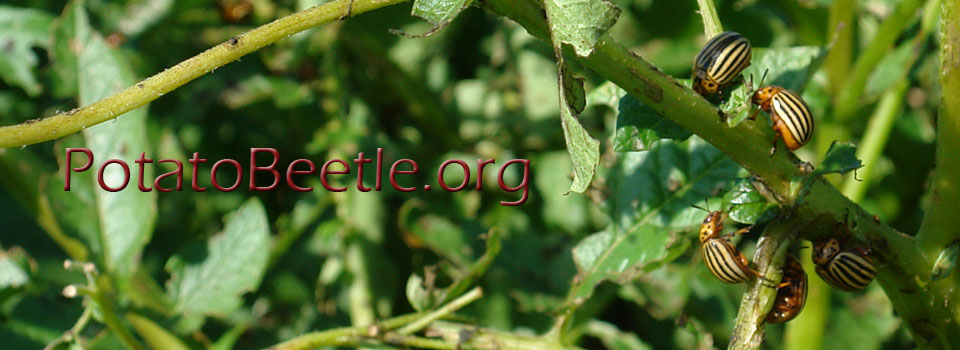Brevik, K., E. M. Bueno, S. McKay, S. D. Schoville, Y. H. Chen. https://doi.org/10.1111/eva.13153
Insecticide use is pervasive as a selective force in modern agroecosystems. Insect herbivores exposed to these insecticides have been able to rapidly evolve resistance to them, but how they are able to do so is poorly understood. One possible but largely unexplored explanation is that exposure to sublethal doses of insecticides may alter epigenetic patterns that are heritable.
For instance, epigenetic mechanisms, such as DNA methylation that modify gene expression without changing the underlying genetic code, may facilitate the emergence of resistant phenotypes in complex ways. We assessed the effects of sublethal insecticide exposure, with the neonicotinoid imidacloprid, on DNA methylation in the Colorado potato beetle, Leptinotarsa decemlineata, examining both global changes in DNA methylation and specific changes found within genes and transposable elements. We found that exposure to insecticide led to decreases in global DNA methylation for parent and F2 generations, and that many of the sites of changes in methylation are found within genes associated with insecticide resistance, such as cytochrome P450s, or within transposable elements. Exposure to sublethal doses of insecticide caused heritable changes in DNA methylation in an agricultural insect herbivore. Therefore, epigenetics may play a role in insecticide resistance, highlighting a fundamental mechanism of evolution while informing how we might better coexist with insect species in agroecosystems.
